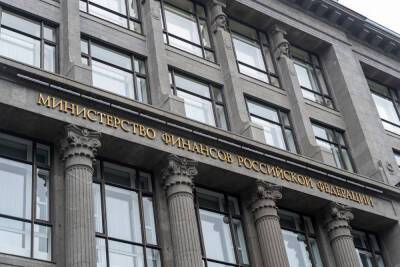Bitcoin at the barricades: Ottawa, Ukraine and beyond
Protesting anti-vax truckers blockading downtown Ottawa, Canada had their fund-raising platform shut down because their host fears the “promotion of violence.” The protesters move to a Bitcoin crowdsourcing funding service. It quickly raised $900,000.
Russian troops gather on Ukraine’s borders. Ukrainian NGOs and volunteer groups embrace cryptocurrencies to help defend their country in the event of a coming war, according to a Feb. 8 investigation by Elliptic, a blockchain analytics firm.
Recent reports like these raise the question: Are Bitcoin and other cryptos becoming the preferred fundraising platform for political protesters and social movements — given that cryptocurrencies don’t respect national boundaries and are relatively censorship-resistant? And, if so, should one be concerned?
Some find it problematic, after all, that the same fundraising platform that enables a freedom fighter can also provide funds to a racist or terrorist group. Also, most Canadian citizens were not supporting the truckers’ blockade of downtown Ottawa, according to the New York Times. If true, is Bitcoin being used as a tool to undermine democratic processes?
“Cryptocurrency has proved to be a robust and growing alternative (to traditional currency) — especially when it comes to donations from other countries,” said Elliptic. Bitcoin donations to Ukrainian volunteer groups to buy military equipment, training services and medical supplies for a possible war surpassed $500,000 in 2021, a tenfold increase from the previous year, it noted.
“One of the benefits of Bitcoin is its censorship resistance,” Bitcoin payment processor OpenNode wrote last year. “Without any central authority to dictate who can and can’t use Bitcoin, it has proven to be
Read more on cointelegraph.com




 cointelegraph.com
cointelegraph.com















